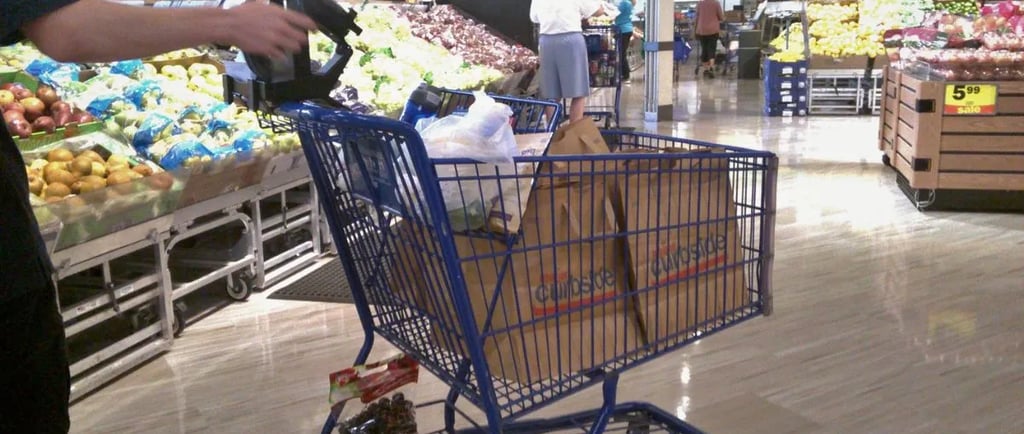Kroger Workers in WV, KY, and OH Vote to Authorize Strike
"Kroger employees in West Virginia, Kentucky, and Ohio have voted to authorize a strike, escalating a labor dispute over contract terms and working conditions."
SUPERMARKET


A serious labor fight has just erupted over 3,000 union workers from 38 Kroger grocery stores across West Virginia, Kentucky, and Ohio. Workers, represented by the United Food & Commercial Workers Local 400, have voted overwhelmingly to reject a new contract offer from Kroger, a clear signal they are not happy with the terms. The rejection of the proposal was hardly close: 1375 out of 1589 voting members (87%) rejected the proposal. This, therefore, clearly shows that the union members had an agreement that, indeed, the proposal was insufficient.
Union members overwhelmingly decided what their next move would be: 1,347 in favor and 229 against, which was 85%, giving a green light (voting to authorize a strike). The vote authorizes the union to set a strike at any time based on how the negotiations with Kroger are moving forward. The union had hinted that the strike action could have started as early as that very day if there had been an affirmation of the vote, but they later announced that the discussions with Kroger would resume, postponing the strike from happening immediately. It is especially remarkable where the stores fall in this dispute geographically. Most of those stores are in West Virginia, with about a dozen in Ohio, the base state of Kroger, and two in Kentucky. This distribution highlights how, in each of these areas, the regional importance of the controversy could affect their operations.
The union's bargaining committee has been vocal in its demands, urging Kroger to present a better offer. The committee thereafter said, after the vote, that they were ready to return to the negotiation table but equally ready for their escalation of actions in their bid to secure a fair contract. They, however, emphasized unity and determination in their strategy to succeed in their objectives.
The fact that it was being mediated by third-party outside personalities like West Virginia Senator Joe Manchin and the Federal Mediation and Conciliation Services raised the mediation to heights of not just local interest, but national interest. The third party's intervention should be implied as a recognition of the necessity for a fair resolution to address the workers' concerns.
In addition to the events unfolding at three Kroger stores in West Virginia, the union plans to hold rallies in support of its position and engage the public. These rallies, on the 11th of March, are part of an increasing strategy to keep visibility and pressure on Kroger to come back with a better offer.
In addition, the union is always making preparations for calling a strike by training the membership in picketing and preparing picket captains. All these preparations are necessary for the union to be strike-ready so that whenever a strike is called, it is most effective and efficient.
The labor dispute at Kroger is much more than a contract impasse over terms; it points to a very big point in the company and workforce relationship. It shows a powerful desire for improved working conditions and equitable pay, by strong rejection, union members give the contract proposal and the will to get on the streets if need be. The outcome of this dispute, either during negotiations or later on, is bound to have long-term effects both on the company and its employees.
